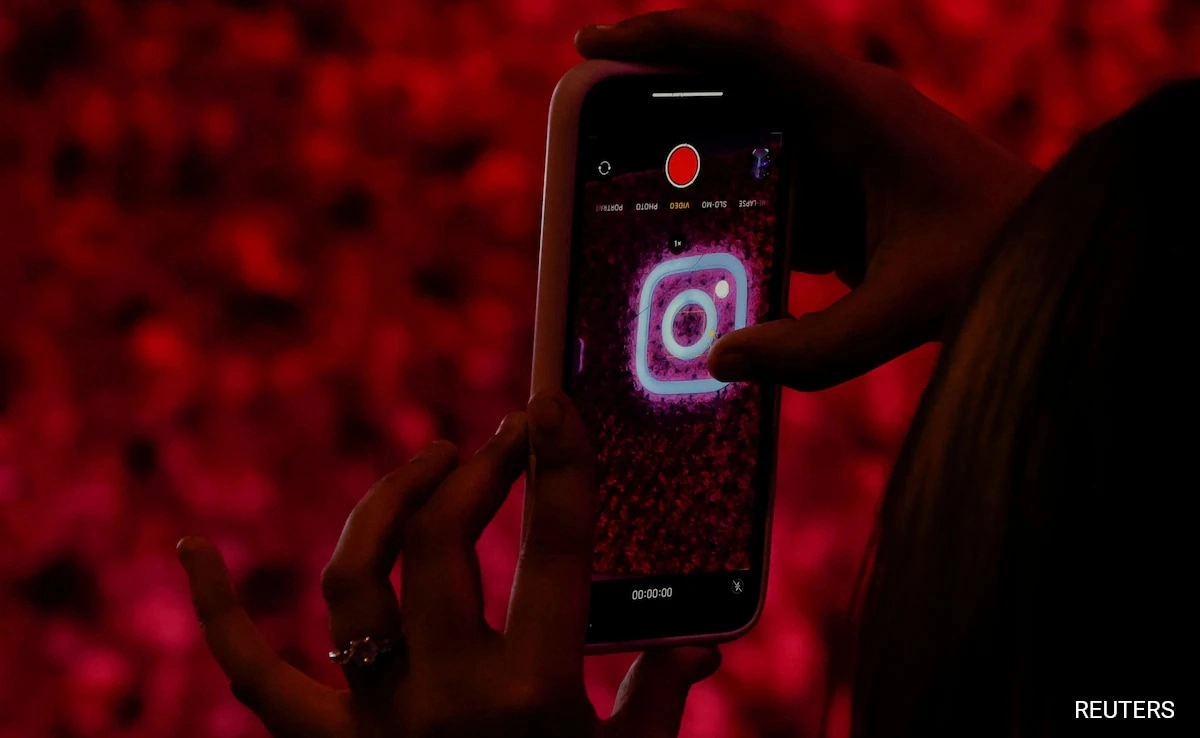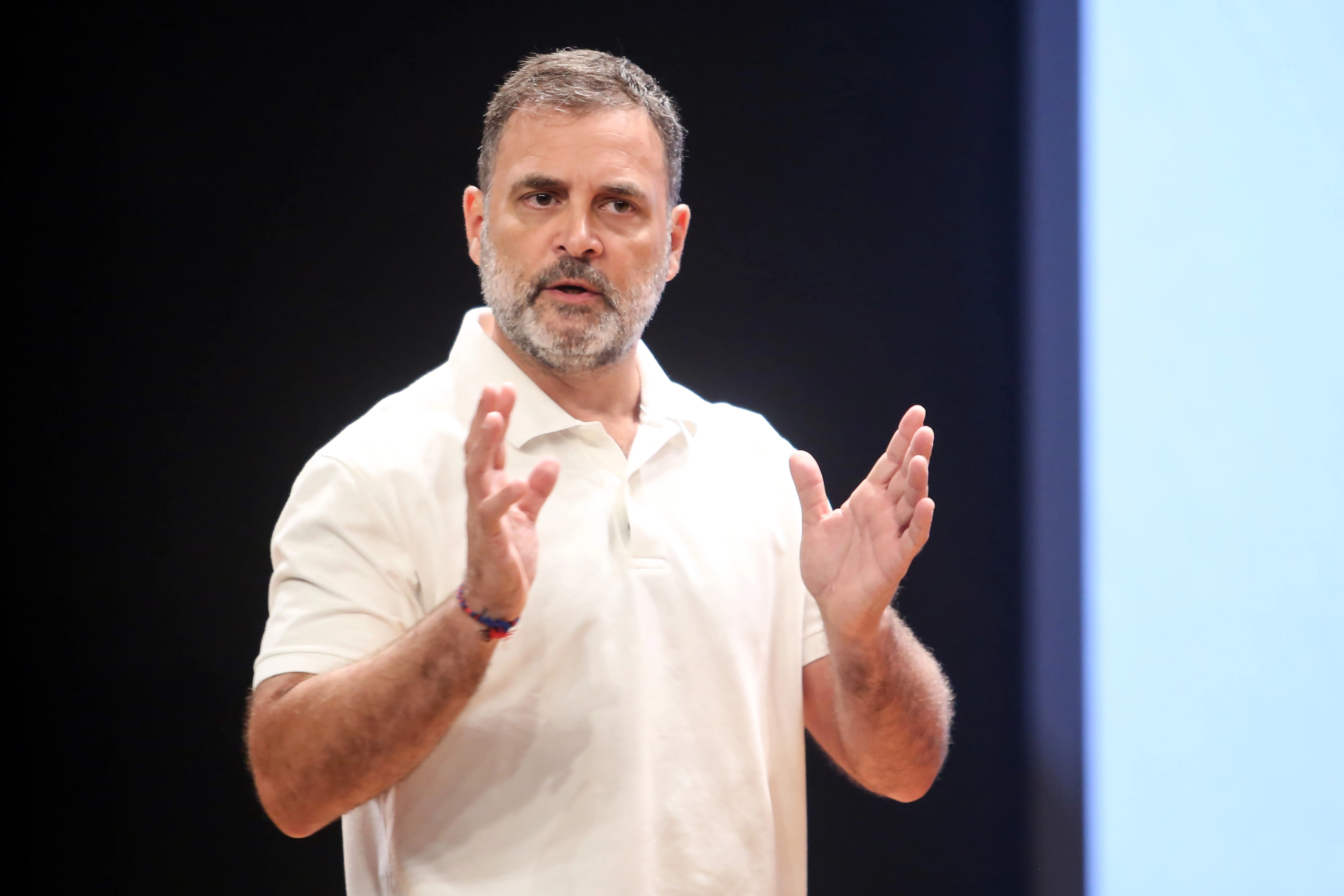In recent years, the rise of the “creator economy” has transformed the landscape of work, presenting individuals with unprecedented opportunities to monetize their passions and creative talents. This shift is exemplified by the stories of people transitioning from traditional career paths in esteemed firms like Goldman Sachs to platforms like OnlyFans, where they can curate their own content and engage directly with their audience. This evolution highlights a significant cultural change in how we perceive work and value creativity. No longer confined to conventional office spaces, creators now have the freedom to explore their interests and build personal brands on their own terms.
The allure of the creator economy lies in its promise of autonomy and financial independence. For many, the idea of leaving a stable, high-paying job to pursue a passion project may seem daunting; however, the success stories emerging from this sector demonstrate that it is not only possible but, for some, incredibly lucrative. Platforms like OnlyFans have gained notoriety for allowing content creators to earn substantial income through subscriptions and tips, leading many to reconsider their traditional career paths. This shift challenges the long-standing notion that success is solely defined by climbing the corporate ladder or achieving titles and bonuses within established organizations.
Moreover, the creator economy fosters a sense of community and connection that is often absent in more conventional workplaces. Creators engage with their audience directly, building relationships that are personal and authentic. This interaction not only helps in establishing a loyal fan base but also provides valuable feedback that can guide content creation, making the work feel more fulfilling and purposeful. As individuals seek more meaningful ways to connect with their audiences, the traditional boundaries of employment are blurred, paving the way for a more dynamic and inclusive economy that values creativity and individuality.
However, the creator economy is not without its challenges. The pressure to consistently produce content can lead to burnout, and the unpredictability of income can create financial insecurity for many. Additionally, the shift from a structured work environment to self-employment requires a significant adjustment in mindset and skill sets, including marketing, branding, and audience engagement. Despite these hurdles, the appeal of creating one’s own path in the workforce remains a powerful driving force, encouraging more individuals to take the leap into the world of content creation.
Ultimately, the transition from a prestigious job at Goldman Sachs to a platform like OnlyFans encapsulates a broader trend towards valuing creativity, self-expression, and personal fulfillment in the workforce. As the creator economy continues to grow, it reflects a cultural shift that embraces diverse definitions of success and the importance of individual narratives. This evolution encourages a re-examination of traditional career trajectories and opens the door for new possibilities, empowering individuals to forge their own paths in a rapidly changing economic landscape.




